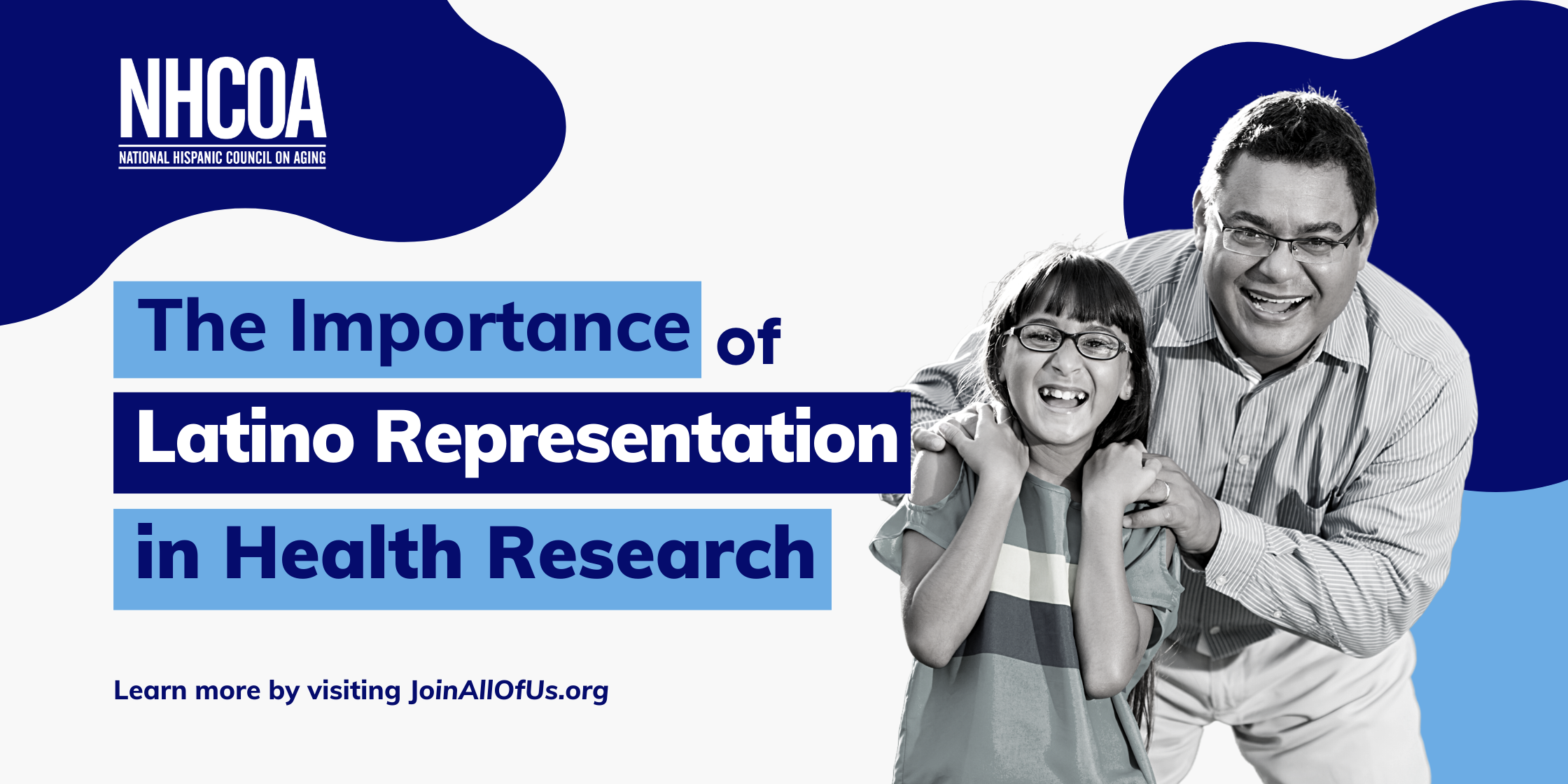By NHCOA Media. This article originally appeared on the NHCOA blog.

Credit: NHCOA
Precision medicine is a new approach to disease treatment and prevention that considers differences in people’s lifestyles, environment, and biological makeup, including their genetics.
Many groups, especially communities of color, have been historically underrepresented in health research. This disparity was highlighted with the arrival of the COVID-19 pandemic and how it has affected different demographic groups in the United States. The COVID-19 pandemic made this disparity even more visible as the pandemic has affected every community differently. A 2021 study published in the Journal of the American Medical Association analyzed 230 medical trials in the United States between 2011 and 2020 and found that, of those that reported race, 75% of trial participants were white. Hispanic or Latino individuals only made up 11.6% of participants who reported their ethnicity.
What are the consequences of not being included in health research?
This issue is of great concern because health research determines how treatments like medicines, vaccines, or medical devices are used. If the participants in health research do not accurately reflect the diversity of the population, it is difficult to know how different people will react to the treatments or how effective they will be.
Why are Latinos and other racial groups historically underrepresented in health research?
- Language barriers: Communities in our country speak hundreds of different languages and many older adults in these communities have limited English proficiency. However, invitations to participate in health research in the United States are generally offered only in English. Important information about how to enroll in these research opportunities and the risks and benefits of doing so may not be successfully communicated to diverse communities.
The All of Us Research Program has resources in Spanish and English, and anyone can learn about the benefits of participating in health research or ask questions through its support center. This way, if participants feel more comfortable in Spanish, they can share their experiences and information that language. The program aims to build the most diverse health database of its kind to better understand the different factors that affect our health.
- Fear and mistrust: A lot of information about medical research can be hard to understand, and many people might not know about the benefits of precision medicine. People interested in health research might be afraid that their information will be shared and used in ways they did not agree to.
All information shared in the All of Us Research Program is protected and safeguarded. Identifiable information such as your name, is removed from the data and replaced with a code. The information is stored in a database with strict privacy and security measures. Sensitive information, such as citizenship status, is not asked.
Participants are viewed as partners in the program, so they have benefits when joining. The participants in the All of Us Research Program will be able to view their information and learn about their health. This information can be helpful when making important decisions with your health care provider.
- Previous experiences with health-related issues: Many communities, including Latinos and people of color, have had to deal with discrimination, marginalization, and trauma in their experience with medical care.
While recent studies have found that communities of color continue to be interested and willing to participate in health research, researchers are aware of the injustices communities have faced in the past and how that affects their health and health care experiences. The All of Us Research Program welcomes people 18 years and older living in the United States of any race, ethnicity, sex, gender identity, and sexual orientation, without discrimination. You don’t need to have health insurance or certain medical conditions to participate. Healthy people are encouraged to participate as well.
The Latino community has long faced barriers that have limited their participation in health research. However, the All of Us Research Program is working to gather health information from one million or more people from all across the United States to help researchers learn more about how genetics, environment, and lifestyle affect health through inclusive and diverse strategies that accommodate participants, their culture, and traditions. Our differences enrich the program, as it works to provide researchers with data that reflects the diversity of the country.
If you would like to be part of this program, we invite you to visit https://www.joinallofus.org/Together; https://www.joinallofus.org/Todosjuntos and learn more about how you can participate.
We encourage you to join the All of Us Research Program so you and your community can be represented in medical research!
The opinions expressed in this article are those of the author and do not necessarily reflect those of the Diverse Elders Coalition.
